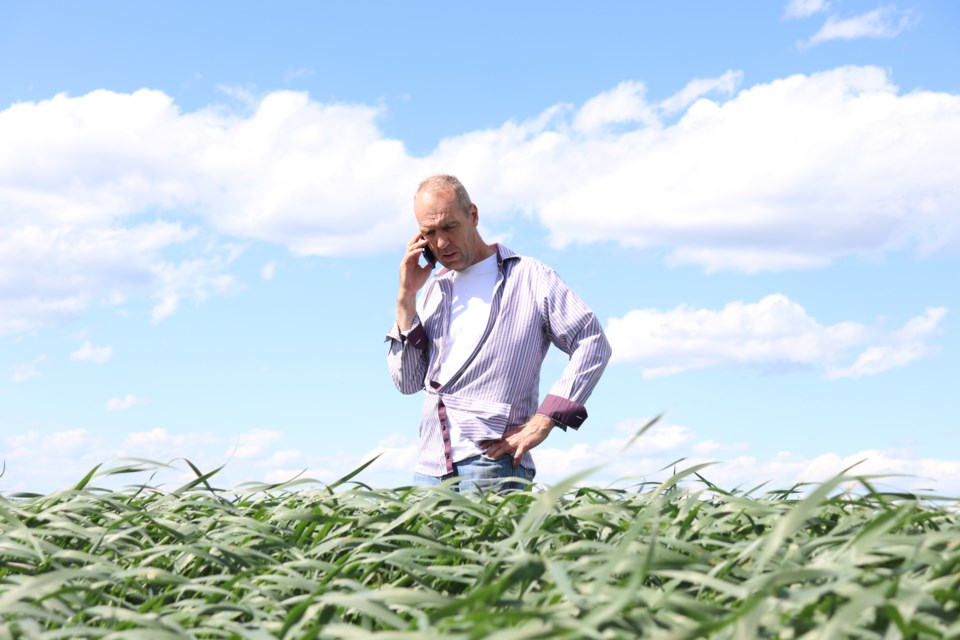LAKELAND – It has been a year since the County of St. Paul declared a local ‘State of Agricultural Disaster’ due to drought and hardship weather conditions on July 27, 2021. However, compared to the previous year, the agricultural conditions have improved.
Keith Kornelsen, Agriculture Fieldman of the County of St. Paul, said crops are in a favourable condition, when speaking with Lakeland This Week on July 20.
"It's pretty positive right now," he said. "We received a lot of moisture in June and in May, and so the crops are looking good, even though we have a bit of heat and dry weather."
He added that some farmers have reported there is still moisture left in the ground, but they are hoping to get more moisture in the following week to ensure crops have enough water.
According to Kornelsen, farmers have been able to get a good hay crop this year to help them stockpile after the drought of 2021. He added that without the good weather this year, the agricultural condition of the county may have been in trouble.
He also said farmers are applying fungicides due to concerns about clubroot, which a serious soil-borne disease of mustard and canola, in addition to many other crops.
"It's a disease that there's not a lot of options to control, and so every year, we check every canola field in the county for clubroot," he said, explaining that the disease is a particular concern for the County.
"We let farmers know when we find it, and then so they can take appropriate action to better make sure it doesn't harm their yield."
Kornelsen also said pastures are looking great, in addition to areas of agriculture like cropland and hayland. He said farmers should not have to worry so much this summer about feeding their cattle.
County of St. Paul Reeve Glen Ockerman, who also runs a family farm in the region, said this year is so far one of the best he has ever seen in over 30 years of farming.
"We're 100 per cent better this year than this time last year, and one of the main things was it wasn't just the lack of moisture we had last year - it was the severe heat we had," he said. Ockerman also explained that the snowpack from the winter and the big rains across the province contributed to a lot of moisture that went into the ground this spring.
Ockerman added if there isn’t any moisture in the next few weeks, yields and production may suffer. However, he remains optimistic that moisture will come, while also hoping for hail and storms to stay away.
"I think it's going to be a very, very prosperous year in agriculture in the region because we see cattle prices have a bright future. It looks like there's lots of feed around compared to the past few years," he said. "And grain prices are good. So, I think the potential there could be game-changing for many producers."
According to Ockerman, many farmers struggled with pasture last year, and feeding cattle cost some of them about three times the usual.
"We did get a little bit of support (from the government) in the fall, but the feed was already gone," he said. "The U.S government moved before our governments did, so even if you did have some money or some support, all the feed was gone."
Ockerman added, "We need a really good productive year this year - like growing crops and growing hay. We need a really good year, and we need good prices to help our producers catch up," he said. "If not, I'm scared we're going to lose a whole bunch of producers in the northeast."
Ockerman added that the cattle industry in Alberta also needs a good year because many cow-calf producers have lost money in the previous year, leading to debt.
"And it looks like we might have (a good year), because if they don't get a good year this year, there's a chance of people not being able to go on."



